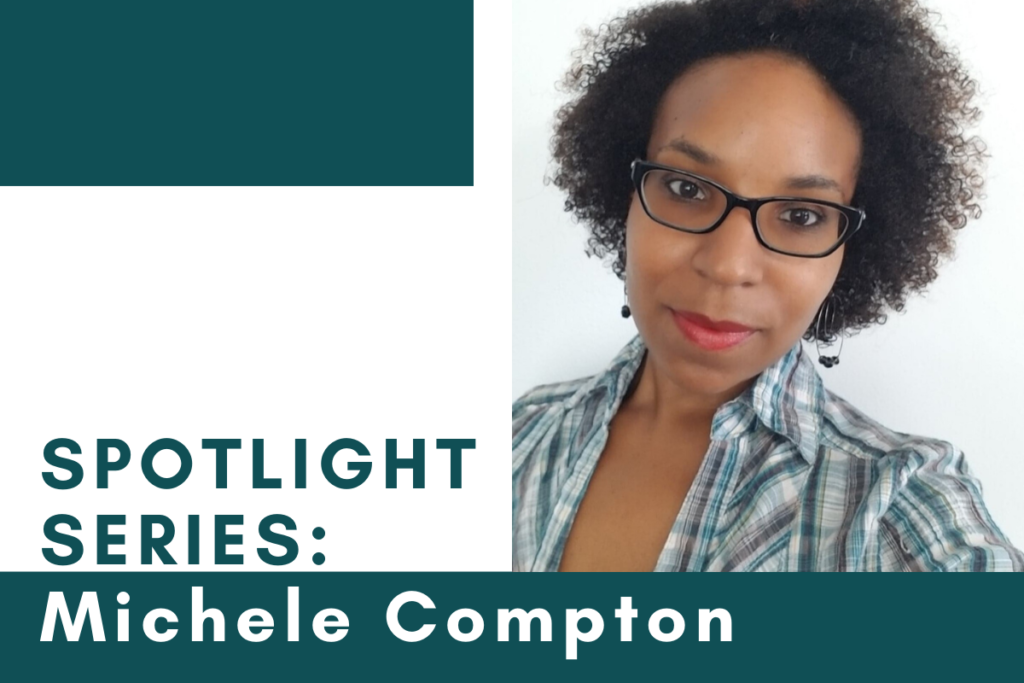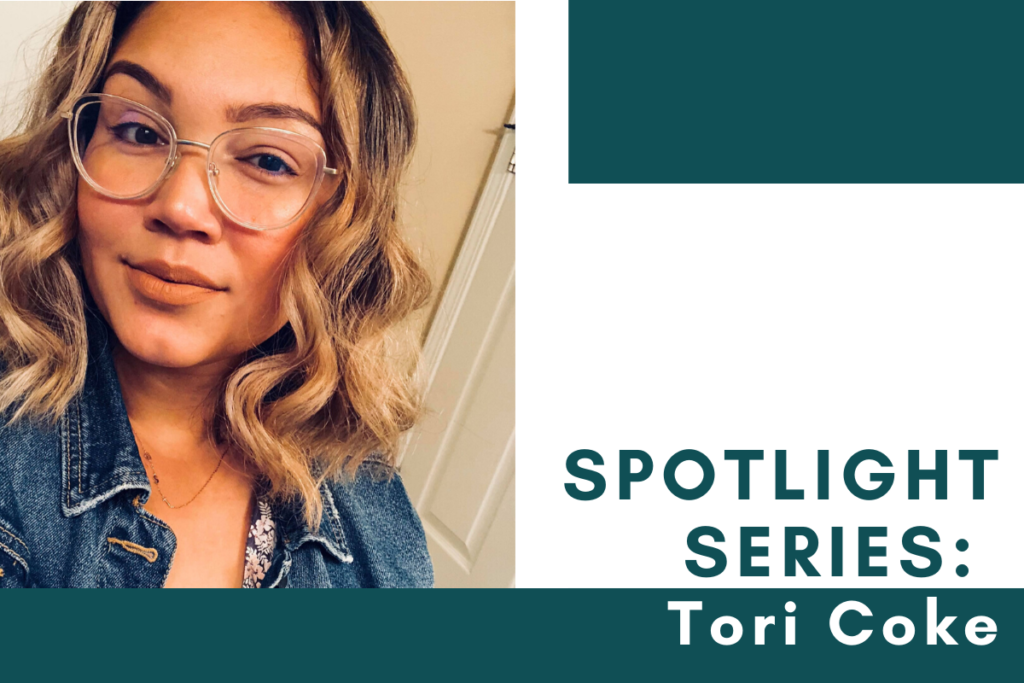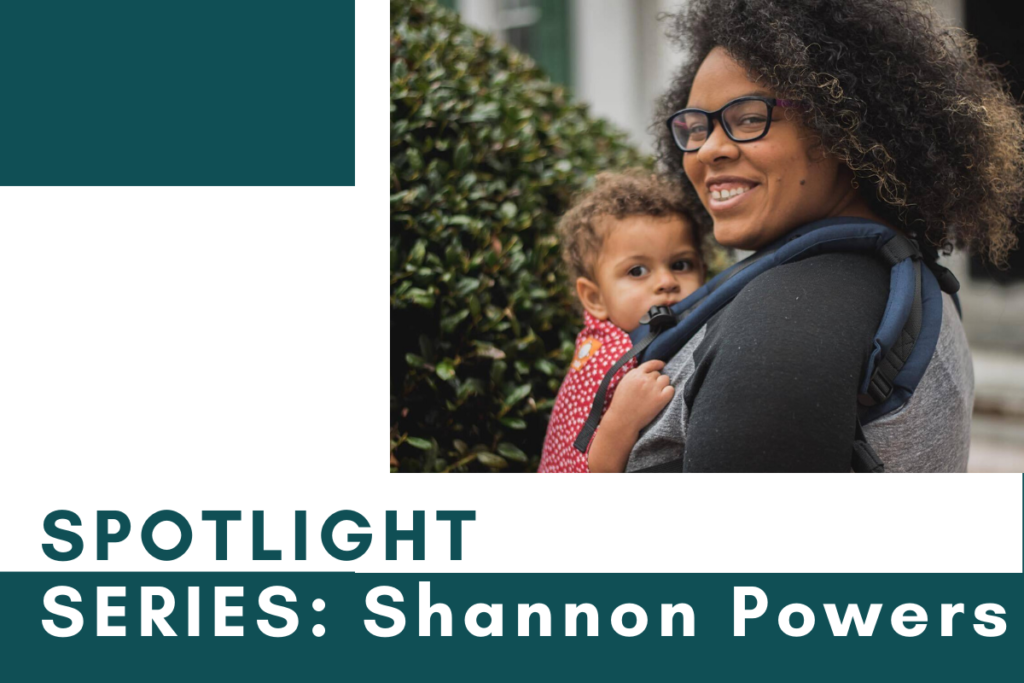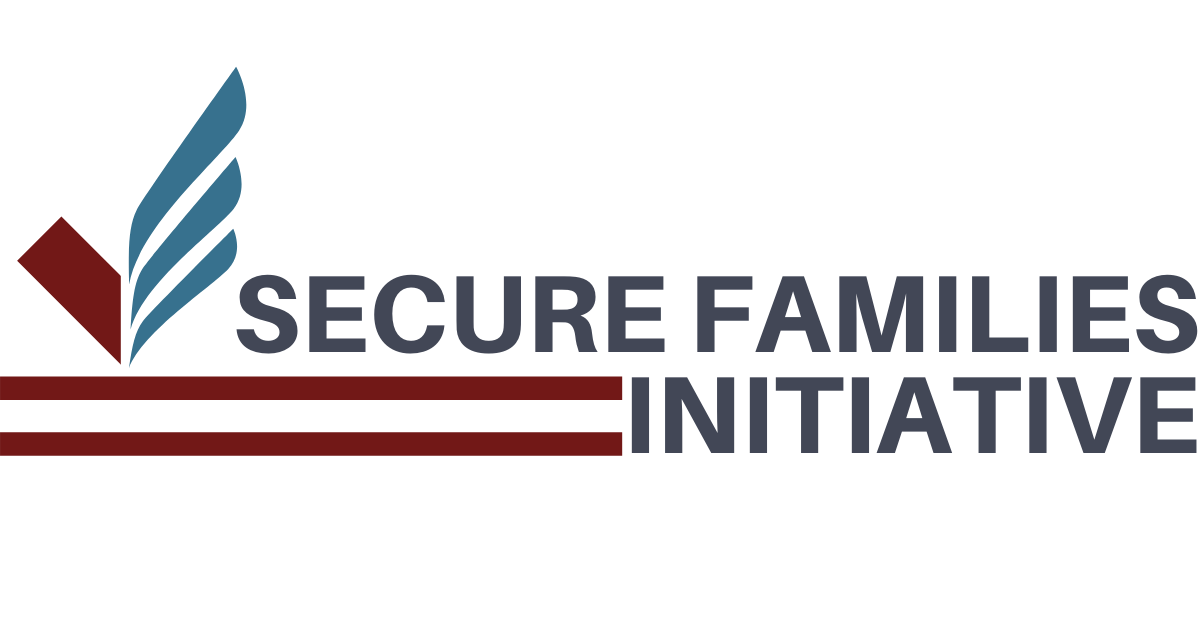
I had the privilege of sitting down (virtually) with three badass military spouse advocates who recently started a Facebook group for Black Lives Matter supporters in the military family community. Tori Coke and Shannon Powers are married to active duty Airmen, and Michele Compton to an active duty Coast Guardsman.
All three women live in different places and had never met each other prior to this project. We had a bubbly and informative conversation — here are some snippets:
Tell me about this Facebook group you started.
“Many say this is the best group they’ve been in, that they didn’t even know they needed this group until they found it,” Shannon shared.
Called Military Spouse Network for Black Lives Matter, their Facebook group already has 540 members after only two weeks. Their hope is to facilitate discussions about race while centering Black voices, and encourage non-Black allies to join their advocacy.
Michele explained: “Our group gives Black people the ability to voice their frustrations with experiences they’ve had and not get shut down. You can be the realest of the real here, and we will make sure you are validated.”

So far, the tone has been educational and reflective. Tori most recently posted about the question everyone asks when they PCS: “Where’s the best place to live?” That facilitated a lively and constructive conversation about what underlying biases shape people’s answers.
What were the challenges you and your family have faced, that made you want to advocate for change?
Tori, Shannon, and Michele are such warm and cheerful women. But their joy hasn’t always come easily. All three women shared stories of pain they and their families have struggled with.
“This issue is very personal for us,” said Shannon. “We’ve experienced racism — our black lives not mattering — for a long time.”
Tori spoke about her dilemma with living on base. “People we interacted with around base would make offhanded comments and do microaggressive things toward my daughter. We had to move off-base 15 minutes down the road to find a safe community space that wasn’t based on military life.”
Shannon’s daughter has also heard comments. “Once a little girl at the base Child Development Center (CDC) told my husband that he didn’t match my daughter’s skin, so he must not be her dad.”
“I have a friend who moved on base,” Michele chimed in. “After not even a month had passed, her husband went to play basketball, and the neighbors called the MPs on him. It kept happening, so he started driving to another neighborhood to use the courts in peace.”
Michele went on to elaborate about the microaggressions that have happened on milspouse social media groups. “When I ask questions, I don’t get answered. When I answer other questions, I’m not listened to. Once I posted something about my husband never getting an assignment from his pick list, and people commented that it must be his fault and that I shouldn’t be complaining. Two days later a white woman posted the same thing, and people commented ‘Oh Honey, I’m sorry!’ and declared the system must be broken.”
It was heartbreaking for me to hear these stories of subtle and not-so-subtle put-downs that I, a white military spouse, have never had to wrestle with.
Can you describe what ultimately inspired you to take action?
For Michele, her motivation to get involved in activism came from a sense of generational legacy and duty.
“My dad was a civil rights activist while he was active duty in the Air Force,” she explained. “He wasn’t allowed to be out with his activism. Every time he attended a protest, he carried a fake ID and left one man behind who could bail him out if needed. My dad was allowed to fight, die, and be maimed for his country, but he wasn’t allowed to speak out that he deserved the same rights as everybody else.”
Michele went on to describe how there are outrageous situations that this generation of Black spouses face that their white counterparts don’t (like being mistaken as the nanny for one’s own kids!). She doesn’t want future generations to have to deal with such problems.
Tori held that same conviction. “I refuse to let my kids grow up in a world with the same struggles I did.”

Tori pointed out how military life doesn’t come with the same work-life separation as other jobs: “Your work colleagues are your friends, your drinking buddies, and your neighbors. One of the reasons we took such a big step to change the military community from the inside-out is because this is our life, and we want to make sure we’re surrounding ourselves with people who will create a safe place for us and our children.”
Shannon explained the genesis of their Facebook group: “I was looking for a group like this, to process the rampant racism I and my husband have experienced. I found some, but they didn’t center Black voices or facilitate real reflection — people just jumped into comments without pausing to think and learn. So I asked whether anyone would help me create this group. Tori and Michele DM’d me, and here we are!”
What are your goals for this group moving forward?
“We’re not the prophets of racism,” Tori clarified. “We don’t know everything about it; we’re still learning ourselves. We just want to have everybody come together and share their stories.”
Eventually, Shannon hopes they can mobilize this group into political action. “Really far out, I hope this group grows and we can send our message to Congress together.”
Do you have any advice for spouses who might want to get involved in activism, but are afraid?
Shannon had an answer right away. “A lot of white people worry about saying the ‘right’ thing. But it’s not about that — it’s about being there. Being open to real education and unlearning the things you think you know. Say something, and then use it as a learning experience to do better next time. That’s why we don’t let anyone delete posts in our group — we don’t want you to erase the education that others took the time to add.”

Michele nodded. “It’s about growth and accountability. You can start small; it doesn’t have to be big, profound, or on-display for social media. You can make changes at home with your family members, by changing your own thinking and raising your kids to be good allies. Sometimes that’s the best work you can do.”
Tori addressed head-on one of the biggest fears some spouses have. “You are going to make people angry when you call them out. I’ve done that, and it’s hard. But as you evolve, your energy is going to attract the right kind of people. It’s ok to be finding yourself through this.”
Everyone agreed that spouses have more influence than they may realize.
“Spouses have a lot of power in the military community,” said Shannon.
“Pillow talk goes a long way!” joked Michele.
“Spouses are the ones dealing with the base politics a lot, when their service member is away.” Tori observed. “We want to let spouses know there are others who feel like they do.”
I’ll end with something Shannon said at the very beginning, because I think it speaks to one of the best, most under-rated upsides to being a vocal advocate: finding community with others.
“These women are like my long-lost sisters. We have the same values and same goals, and that has really brought us together.”
If you’re interested in joining this group, you can find them on Facebook: Military Spouse Network for Black Lives Matter.
Some additional resources: Shannon hosts a podcast called “Powers Through” where she invites marginalized women to come speak about their experiences with intersectionality. She also leads a “Read Beyond the Book” book club, for those who want to consume and process readings and podcasts together.
Read all the Spotlight Series posts. Do you have a story you’d like to share? Send us a note at info@securefamiliesinitiative.org.

